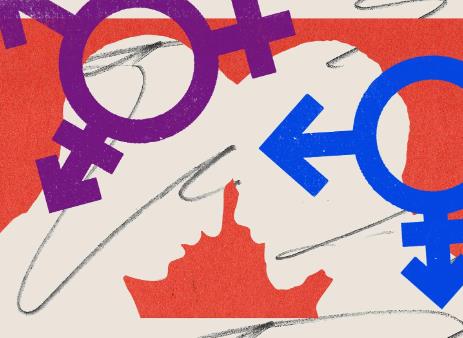The cultural perspective of gay sexting is
Sexting, the practice of sending sexually explicit messages or images, is a complex phenomenon that intersects with cultural, legal, and social norms—especially within the gay community. As attitudes towards LGBTQ+ rights and technology continue to evolve globally, so too do the cultural perspectives on gay sexting. Here’s an in-depth look at how different cultures perceive this aspect of digital interaction.

Western Perspectives: Liberal and Protective
In many Western countries, sexting among consenting adults has become increasingly normalized as part of the broader acceptance of LGBTQ+ rights. For instance, in the United States and parts of Europe, there are strong movements towards protecting digital privacy, with 65% of Americans in a Pew Research study stating that encrypted communication should be a right for those engaging in digital messaging, including sexting.
However, despite the liberal approach to sexual expression, challenges remain, particularly around issues of revenge porn and unauthorized sharing of intimate content. Laws have been instituted in places like California and the UK, where individuals found guilty of sharing explicit content without consent can face severe penalties, highlighting a commitment to protecting individuals in their digital interactions.
Middle Eastern and African Perspectives: Conservative and Restrictive
Contrastingly, in many Middle Eastern and African countries, gay relationships are still highly stigmatized or illegal, with severe penalties that can include imprisonment. In these regions, gay sexting is not only culturally taboo but also fraught with legal dangers. A survey by Amnesty International revealed that in some countries, authorities have used digital platforms as tools for entrapment and persecution of LGBTQ+ individuals, significantly affecting how people engage in sexting.
Asian Perspectives: Varied and Evolving
Asian countries present a spectrum of attitudes towards gay sexting, influenced by varying degrees of social conservatism and technological integration. For instance, in South Korea and Japan, where there is a high degree of technological engagement, younger populations tend to view sexting more liberally. However, societal norms still lean towards privacy and discretion, affecting how openly gay sexting is practiced.
Conversely, in countries like India, while the decriminalization of homosexuality in 2018 marked a significant step forward for LGBTQ+ rights, the cultural acceptance of gay sexting is still evolving. The Indian Penal Code that addresses electronic privacy and decency can still be interpreted in ways that complicate the legality of sexting, demonstrating the nuanced nature of cultural acceptance.
Latin American Perspectives: Emerging Acceptance
In Latin America, there is a dynamic shift towards more progressive attitudes regarding LGBTQ+ issues, including sexting. Countries like Argentina and Brazil have seen increased visibility and rights for LGBTQ+ individuals, which is mirrored in a more open approach to topics like sexting. However, similar to other regions, there remains a significant challenge with cyberbullying and non-consensual sharing of images, which are addressed with varying degrees of legal protection.
For those seeking a more comprehensive understanding of navigating gay sexting across different cultural landscapes, please visit: gay sexting.
In conclusion, the cultural perspectives on gay sexting are diverse and reflect broader societal attitudes towards sexuality and digital privacy. As the global community becomes more interconnected and attitudes continue to evolve, understanding these cultural nuances becomes crucial for fostering respectful and safe digital environments for gay individuals worldwide.
